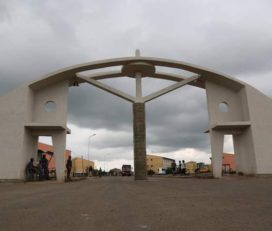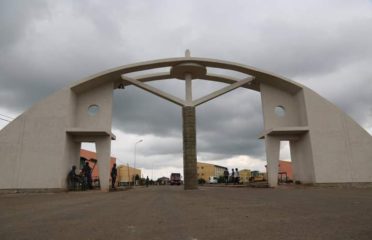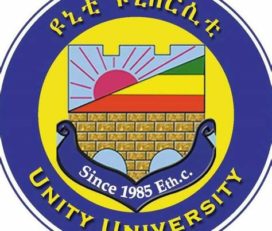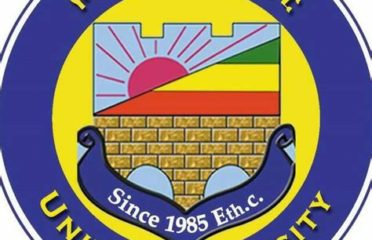Adama Science and Technology University (ASTU) was first established in 1993 as Nazareth Technical College (NTC), offering degree and diploma level education in technology fields. Later, the institution was renamed as Nazareth College of Technical Teacher Education (NCTTE), a self-explanatory label that describes what the institution used to train back then: candidates who would become technical teachers for TVET colleges/Schools across the country. In 2003, a new addition to NCTTE came about—introduction of business education. Nonetheless, the new entries were solely meant for similar purposes: these graduates were also expected to help overcome the existing dearth of educators in vocational institutions. Although it is an institution with a history of only two decades, ASTU is known for its dynamic past. It has always been responsive to the realization of national policies: training of technologists at its infant stage, and later shifting to training of technical trainers, as well as business educators, to fill the gap in TVETs. Following its inauguration in May 2006 as Adama University, the full-fledged university started opening other academic programs in other areas—an extension to its original mission. However, it was not until it was nominated by the Ministry of Education as Center of Excellence in Technology in 2008 that it opened various programs in applied engineering and technology. For its realization, it became a university modeled after the German paradigm: it not only became the only technical university in the nation, but also the only one led by a German professor. Notwithstanding closure of some disciplines as per the new vision and mission, the ensuing three years saw flourishing of graduate programs, of which some (like a few in the undergraduate program) were exceptional to our university. The same period saw pioneering of the university in introducing PhD by Research and MA/MSC by Research programs. Before 2008, the university was stratified into faculties, and ASTU’s reach was limited to its only campus in Adama town. The university has now extended its reach to Asella, where two of the total seven schools are located. The faculties at the main campus include: School of Business, School of Engineering and Information Technologies, School of Humanities and Law, School of Natural Sciences, and School of Educational Science and Technology Teachers Education. On the other hand, the two schools in Asella are the School of Agriculture and School of Health and Hospital. In addition to its main concern (academics), ASTU is also host of research Institutes and enterprises. In the main campus, apart from the Institute of Continuing and Distance Education (ICDE), there exist two others: the Further Training Institute (better known as FTI) and Adama Institute of Sustainable Energy. The sister town where the two schools are located, Asella, is also host to the Artificial Insemination Institute and Asella model Agricultural Enterprise. Following its renaming by the Council of Ministers as Adama Science and Technology University in May 2011, the university has started working towards the attainment of becoming a center of excellence in science and technology, thereby allowing for the realization of goals set in the Growth and Transformation Plan (GTP). To this end, a South Korean has been appointed as President of the University. Currently, ASTU is setting up a Research Park, in collaboration with stakeholders and other concerned bodies: one of a kind in the Ethiopian context. The university is also venturing out to the wider community and is currently engaged in various joint undertakings.






